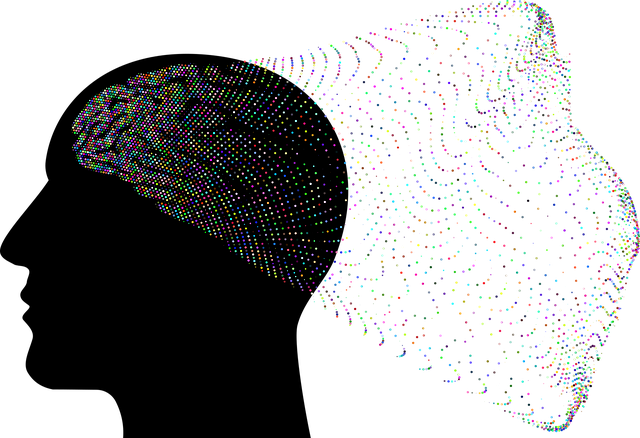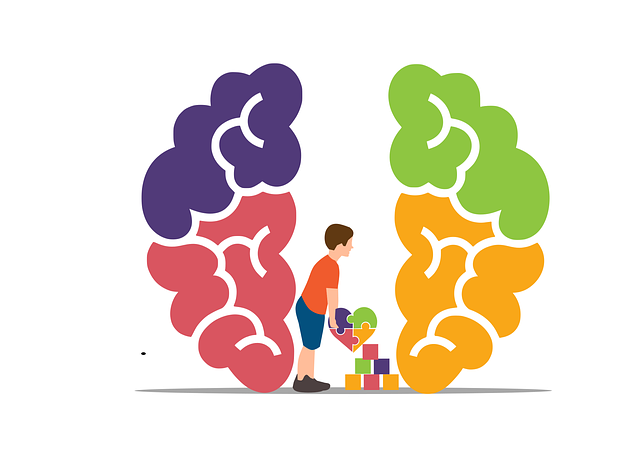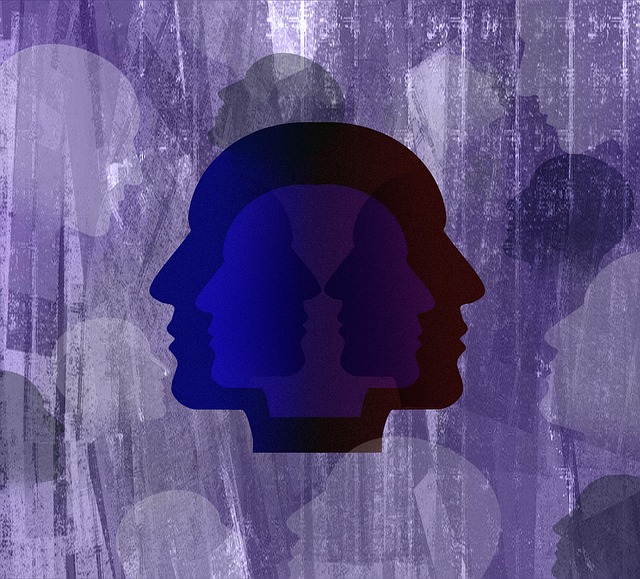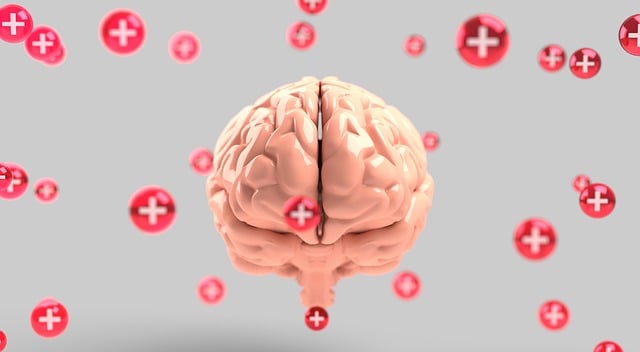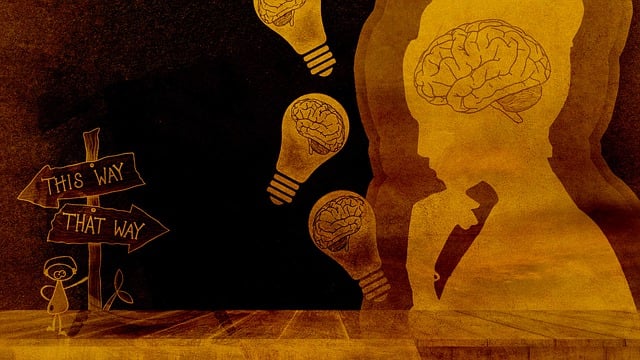Media portrayal of mental illness significantly impacts public understanding, either positively through awareness and reduced stigma or negatively by perpetuating stereotypes. Organizations like Northglenn Hebrew Speaking Therapy advocate for authentic storytelling and diverse, empathetic representation to combat these stereotypes. By offering culturally sensitive services to Hebrew-speaking backgrounds, they promote resilience, challenge stigmatized narratives, and inspire inclusive societal attitudes towards mental health. Content creators can improve mental illness media representation by collaborating with such experts, integrating coping skills, and fostering empathy through nuanced storytelling.
Mental illness representation in media significantly impacts public understanding and awareness. This article explores strategies to challenge stigmatizing portrayals, focusing on the role of Northglenn Hebrew Speaking Therapy as a cultural bridge to accurate representation. We examine how media can promote positive and realistic depictions, reflecting the diverse experiences of individuals living with mental health conditions. By adopting these approaches, we aim to foster empathy, reduce stigma, and enhance mental health support in communities, including those served by Northglenn Hebrew Speaking Therapy.
- Understanding the Impact of Media Portrayal on Mental Health Awareness
- Northglenn Hebrew Speaking Therapy: A Cultural Bridge to Accurate Representation
- Strategies for Promoting Positive and Realistic Depictions in Media
Understanding the Impact of Media Portrayal on Mental Health Awareness

Media portrayal plays a significant role in shaping public understanding and perception of mental illness. The way mental health conditions are depicted in films, television shows, and news media can either foster awareness and reduce stigma or perpetuate stereotypes and misinformation. When media representations accurately reflect the complexities and nuances of mental health struggles, it can encourage empathy, promote early intervention, and ultimately improve patient outcomes. This is where organizations like Northglenn Hebrew Speaking Therapy step in, offering specialized services to address these issues.
By providing a platform for authentic storytelling, these initiatives ensure that individuals with mental health challenges are represented accurately, diversely, and empathetically. This approach not only contributes to mood management and risk management planning for mental health professionals but also drives evidence-based practices through mental health policy analysis and advocacy. Ultimately, positive media representation can inspire meaningful conversations, encourage help-seeking behaviors, and foster a more inclusive and supportive society for those living with mental illness.
Northglenn Hebrew Speaking Therapy: A Cultural Bridge to Accurate Representation

Northglenn Hebrew Speaking Therapy stands as a beacon of hope and accurate representation for mental health within diverse communities. In an era where media portrayal often perpetuates stereotypes, this therapy center offers a unique cultural bridge, ensuring that individuals from Hebrew-speaking backgrounds receive specialized care tailored to their specific needs. The therapy provides a safe space for clients to explore and address mental health challenges while embracing their heritage.
By incorporating culturally sensitive practices, Northglenn Hebrew Speaking Therapy goes beyond traditional treatment methods. Therapists, proficient in both the language and nuances of these communities, employ conflict resolution techniques and crisis intervention guidance adapted from a cultural perspective. This approach not only facilitates anxiety relief but also empowers individuals to navigate their mental health journeys with resilience and understanding, challenging stigmatized narratives and fostering inclusive representation in media and society.
Strategies for Promoting Positive and Realistic Depictions in Media

To promote positive and realistic mental illness representation in media, content creators can adopt several strategies. Firstly, they should consult with experts like those from Northglenn Hebrew Speaking Therapy to ensure accuracy and sensitivity when depicting mental health conditions. This collaboration can help avoid stereotypes and misrepresentations that often plague media portrayals of mental illness.
Additionally, focusing on the development of coping skills and social skills training within narratives can offer more nuanced perspectives. By integrating emotional well-being promotion techniques into storylines, media can humanize individuals with mental health challenges and showcase their journeys towards recovery. This approach not only educates audiences but also fosters empathy and understanding, ultimately contributing to a more inclusive and realistic media landscape.
The representation of mental illness in media has a profound impact on societal perceptions and awareness. By highlighting initiatives like Northglenn Hebrew Speaking Therapy, we see the power of cultural sensitivity in accurate media portrayals. Embracing strategies that promote positive and realistic depictions can challenge stereotypes, foster understanding, and ultimately improve support for those struggling with mental health issues. This collaborative effort ensures that media serves as a catalyst for increased empathy and better access to resources, rather than perpetuating harmful misconceptions.
